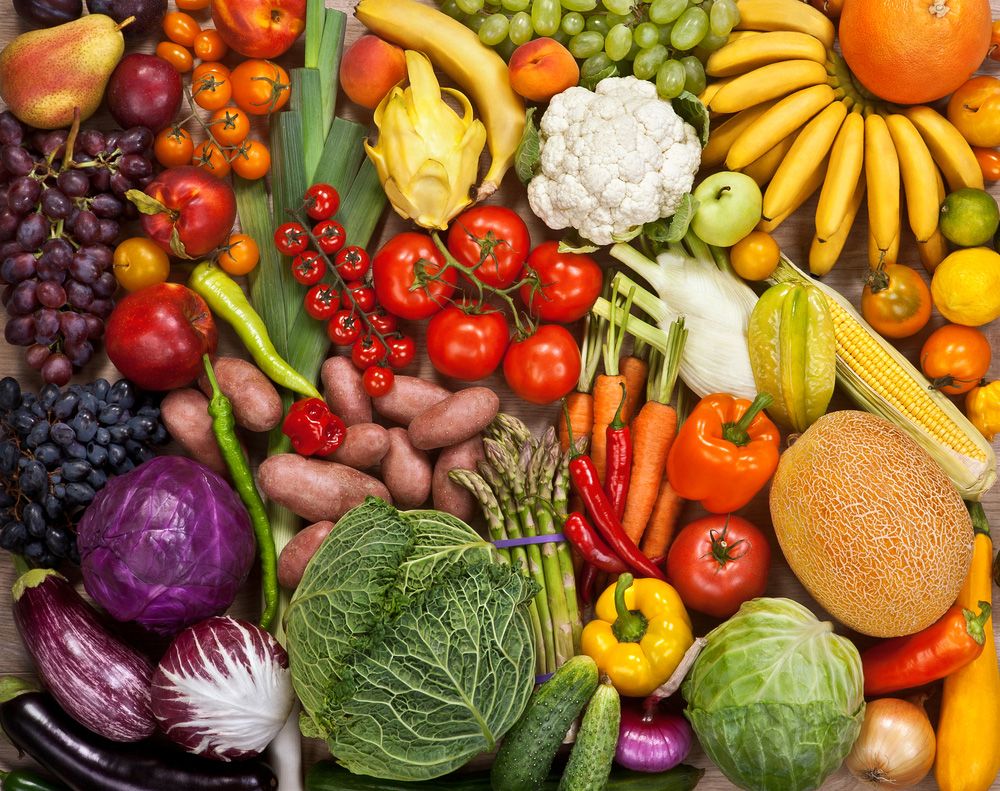Eating well helps you get the nutrients your body needs to promote healing and minimize side effects. It may also help you feel better. Unfortunately, sometimes cancer or cancer treatment can affect your appetite.
While you might not always feel like eating, it's important to do what you can to maintain your intake of calories, protein, and fluids during treatment. Why? You need more protein and calories to build new tissue. Taking in enough calories and nutrients prevents weight loss and lack of energy, and may improve your tolerance to treatment. Water and other fluids help your body absorb nutrients, fight fatigue, and eliminate wastes. They also support your immune system in the fight against infection.
Cancer patients can lose their appetite for many different reasons, including chemotherapy, radiation, medication, fatigue, mouth sores, and/or depression. Think of good nutrition as an essential part of your recovery, and do whatever you can to stimulate your appetite.
Ways to Improve Your Appetite
- Instead of two or three large meals, eat small meals often throughout the day.
- Snack between meals and at bedtime. Choose foods high in calories and protein, such as sandwiches, milkshakes, cheese and crackers, peanut butter and jelly on toast, and cereal with whole milk.
- Light exercise for 10-15 minutes before you eat may improve your appetite.
- Make meals a pleasant experience: eat in an attractive setting, play your favorite music, share the meal with good company.
- Try cool or cold selections, such as a cottage cheese and fruit plate or a chef salad with meat, nuts, cheese and/or eggs.
- Adjust the seasonings in your food if your sense of taste or smell changes during treatment.
- Avoid foods or beverages that have an overpowering smell. Make foods that are pleasing to your sense of smell.
- Rely on your favorite foods when your appetite is diminished.
- Talk to your doctor about medications to relieve symptoms that are interfering with your desire or ability to eat (mouth sores, nausea, etc.).
- Always check with your doctor to see if there are any foods or drinks you should not have. If you would like to speak with a registered dietitian, ask your doctor or nurse.
Resources
Guide to Good Nutrition (prepared by Roswell Park’s Registered Dietitians). Available in the Resource Center for Patients & Families (inside hospital cafeteria, on the lst floor) or ask your nurse.
Eating Hints: Before, During, and After Cancer Treatment (National Cancer Institute). Copies are available in the Resource Center.
American Institute for Cancer Research — AICR Nutrition Hotline (for diet questions related to reducing the risk of cancer or recurrence): 1-800-843-8114, M-F, 9 am - 5 pm ET. An operator will take your message and an AICR registered dietitian will return your call, usually in three days.
ChooseMyPlate.gov (U.S. Dept. of Agriculture) — General information (not cancer-specific) about dietary guidelines, personalized eating plans, and tools to track diet and physical activity. (Site is also available in Spanish.)
Information on this blog is provided by Roswell Park’s Patient Education Department. Questions? Comments? Please call: 716-845-8784
